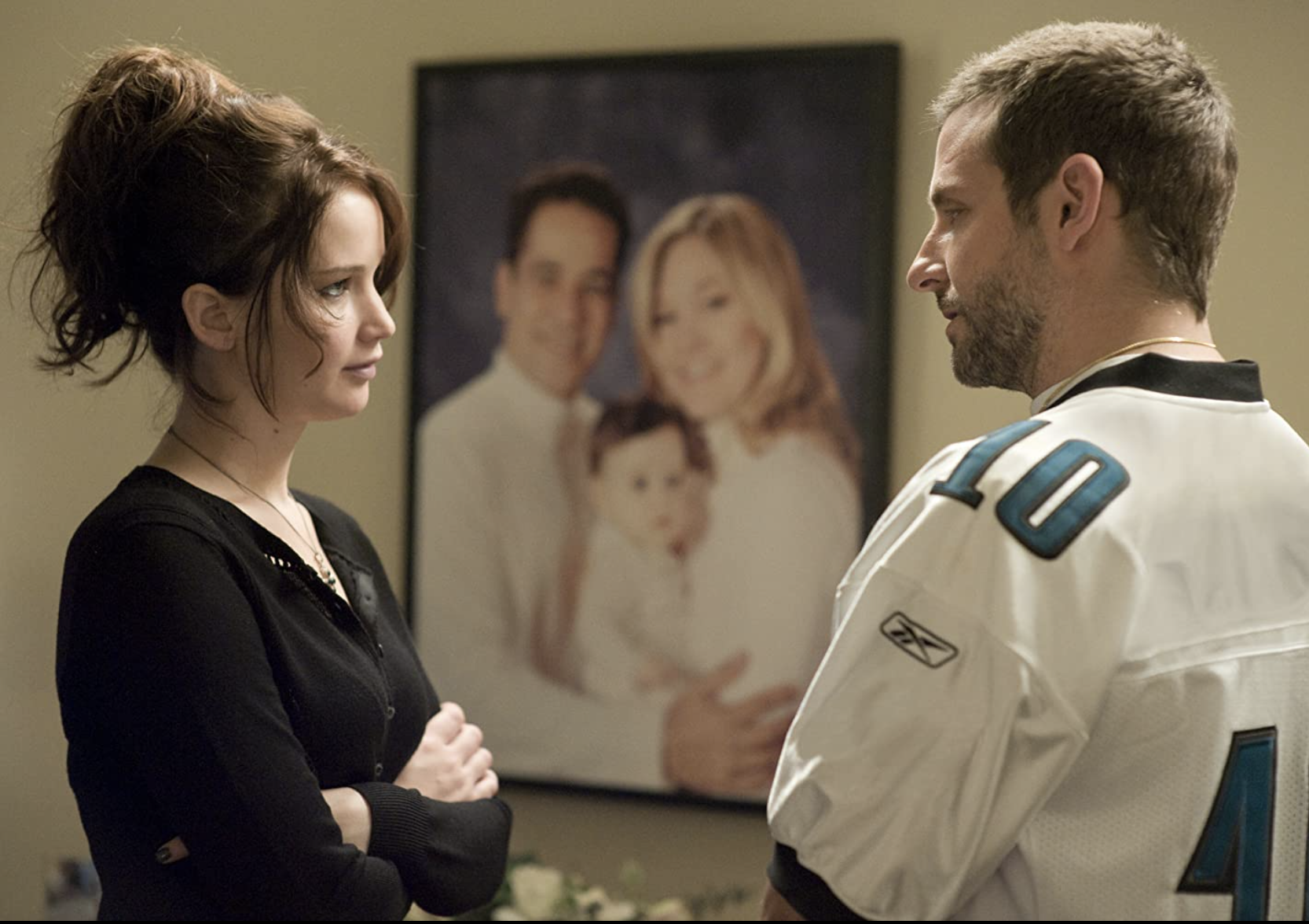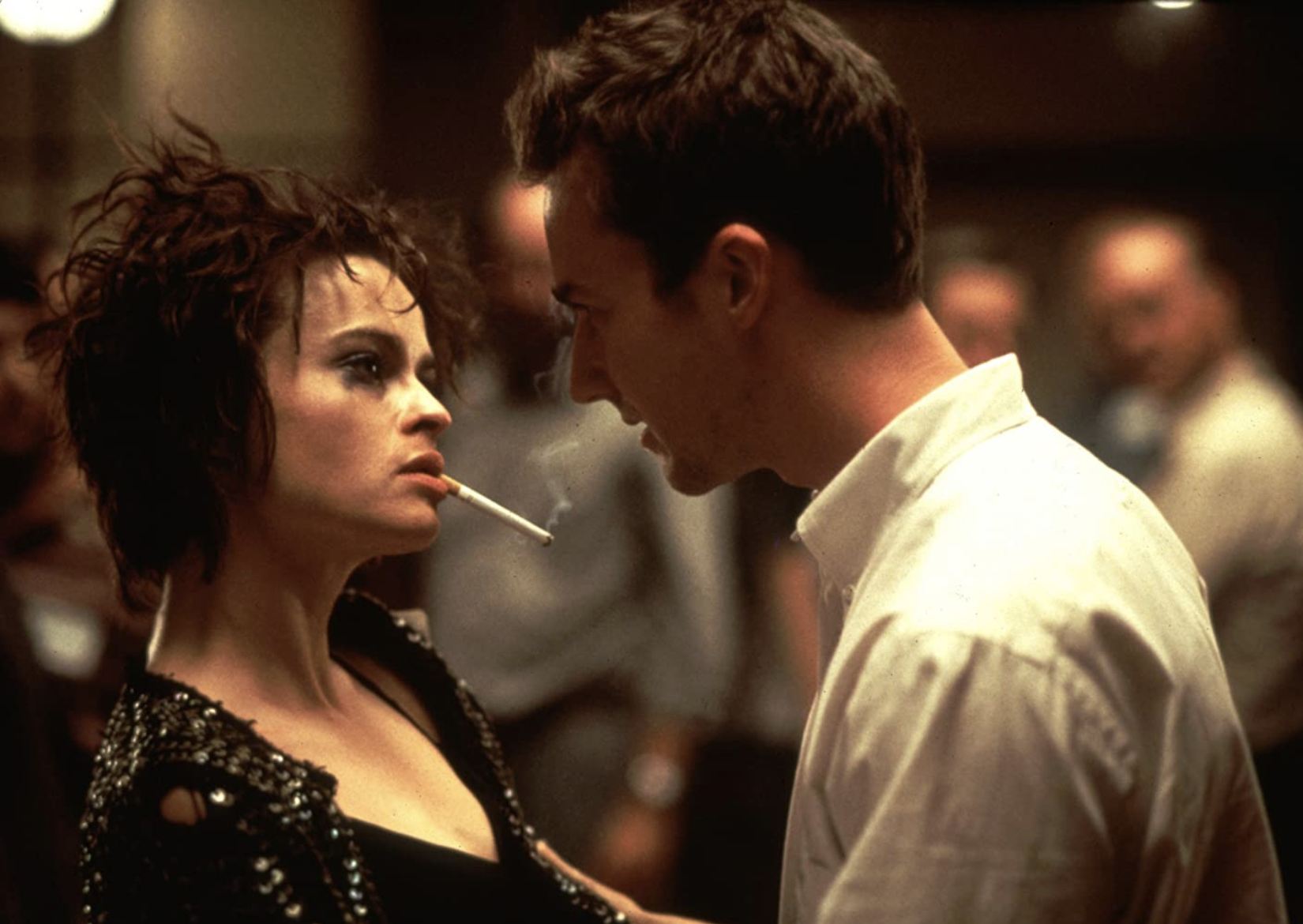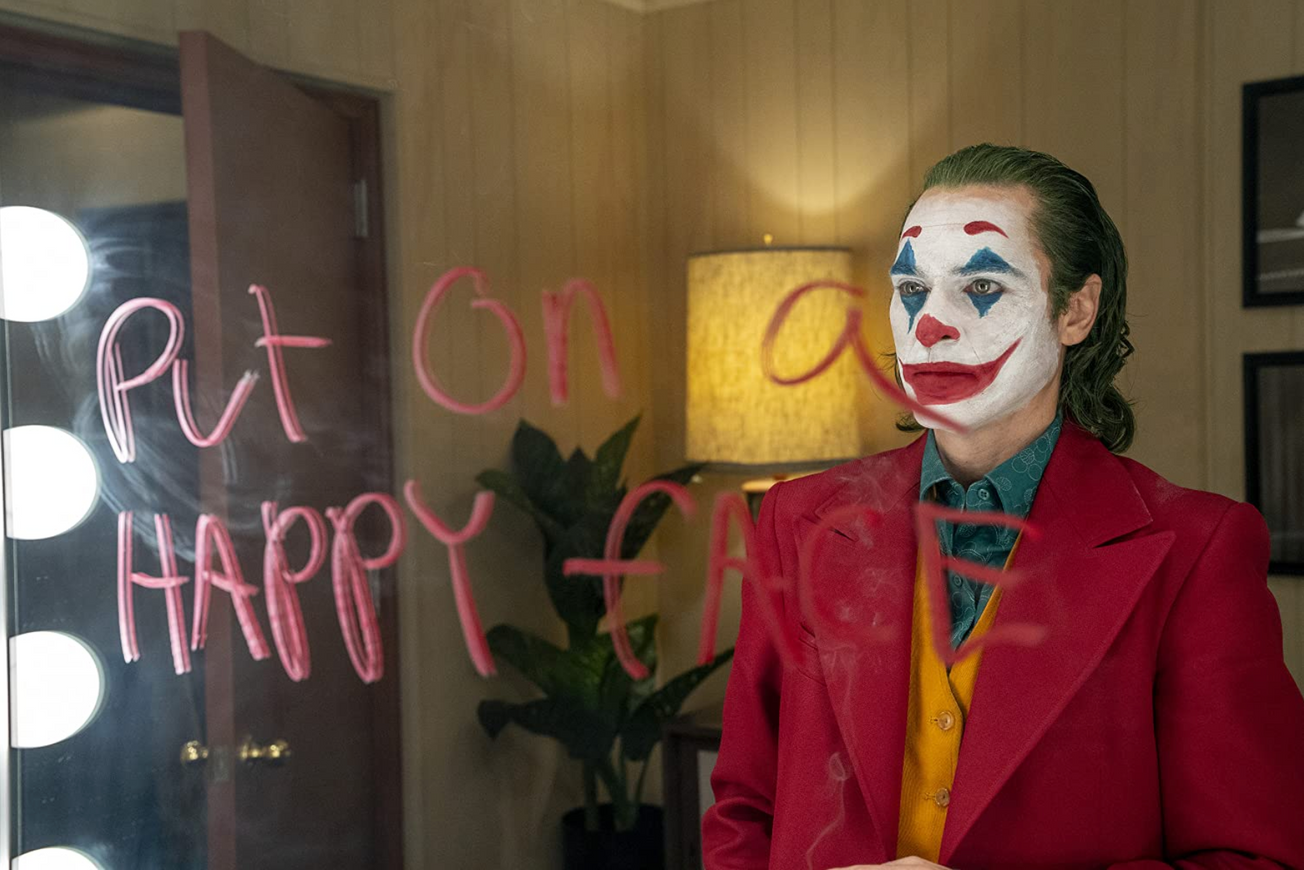By Sophie Downes, Second Year, English Literature
Today is World Mental Health Day, and with mental health being addressed in society now more than ever, it is important to question how mental illness should be explored within cinema.
Whilst many films discuss the topic constructively and generate thought-provoking responses, it is evident that through film, negative stereotypes can be perpetrated by erroneous projections of mental illness.
Undeniably, the use of film can be highly positive in its depiction of mental health through the empathy and understanding it can generate. The romantic-comedy Silver Linings Playbook (2012) offered a refreshing and sensitive insight into mental illness through the exploits of Pat (Bradley Cooper) and his battles with bipolar disorder, as he meets Tiffany (Jennifer Lawrence), a woman suffering from depression after the death of her husband.

The film’s upbeat depictions of these characters, amongst the humorous exhaustion of Pat’s father (Robert de Niro), incite a heart-warming and hopeful response to mental health. Whilst mental illness is shown to be difficult and debilitating, the film serves as a positive, if slightly naive, reminder that situations change and things can always get better.
Another film that could be argued as constructively raising the topic of mental illness is Todd Phillips’ award-winning revisal of the Batman comic in Joker (2019). Here – very differently from Silver Lining’s Playbook – we are offered an insight into the isolation and vulnerability that can be felt through mental illness through the film's brooding, dark cinematography. Joaquin Phoenix’s portrayal of Arthur Fleck – the man behind the ‘Joker’ persona – offers a new interpretation of the infamous character, alongside a backstory that portrays the villain’s inherent vulnerability and battles with mental health problems.
Whilst mental illness is shown to be debilitating, the film serves as a positive, if slightly naive, reminder that situations change and things can always get better
Phillips’ reimagining of the abuse and isolation Fleck has suffered exemplifies a lesson that circled social media earlier this year; the reminder to ‘be kind’ is recurrent throughout. The audience are left questioning whether the mayhem of the ending and Fleck’s ultimate descent into violence would’ve happened without his cruel treatment by society.
Having said that, Dr Ziz Cohen, a specialist in violence psychopathy, argued in an interview with Insider that whilst ‘the film portrays the lack of resources and neglect around mental health...it strengthens the incorrect stereotype that there is a link between mental illness and violence.’ Arguably, Phillip’s bleak reimagining of the classic Joker tale strengthens the belief that mental illness necessitates violence and dangerous behaviour.

Indeed, the same correlation is perpetuated frequently within film as a whole. The psychological horror film Split (2016) divided critics in its reception, with many arguing the film stigmatised mental illness. In the film, James McAvoy plays Kevin Wendell Crumb, an individual with Dissociative Identity Disorder (DID) who kidnaps 3 teenage girls before his twenty-fourth, most dangerous and fantastical personality ‘The Beast’ is released.
This role arguably sets an incredibly dangerous precedent for a mental disorder that is frequently misunderstood and misrepresented in mainstream media. The predatory and dangerous characterisation of McAvoy’s character contributes to the idea that people suffering from mental illness are perilous and, as depicted in this film, even criminal.
This role arguably sets an incredibly dangerous precedent for a mental disorder that is frequently misunderstood and misrepresented in mainstream media
Likewise, in David Fincher’s 1999 classic Fight Club, the unnamed protagonist (Edward Norton) is shown to be battling with a myriad of mental health troubles. Whilst his initial struggles show battles with insomnia and depression, the film’s shock twist depicts an undisclosed mental illness with actions mirroring those of schizophrenia or DID.
Here we are introduced to the narrator’s fiercer alter ego, Tyler Durden (Brad Pitt). Again, violent stereotypes are perpetuated through a film’s depiction of mental illness. The heavy and almost recurring violence throughout the film is indicative of how aggressive stereotypes of mental illness in film were apparent even two decades ago.

But Fight Club raises further questions about how mental health should be handled in film given the nature of the film’s surprise ending. Does the film exploit mental health for the surprise twist at it’s finale – a shock that could be argued as paramount in the film’s resonance and success – or does the twist finale incite a retrospective consideration of how mental illness is deeper than we might assume?
Perhaps the duality of the narrator’s character could serve as a reminder of the multi-faceted nature of mental health. Whilst we may assume that we know an individual, as the audience naively assumes throughout the film, there is the implicit reminder that we don’t ever fully know what is going on inside someone’s head.
Editors' picks #6 - mental health in film
How film and TV series have highlighted specific, diagnosable mental illnesses
Mental health has many different portrayals within film. Whilst some directors present mental health constructively and sensitively, mental illness is frequently manipulated and misrepresented for entertainment and directorial purposes. With the wide reach of film creating opportunities for social discussion, it falls to us, as the audience, to discern whether a film’s portrayal of mental illness is considerate, constructive and ultimately fair.
In a society where mental health is finally being recognised and addressed, there is no longer room for inaccuracies and stigmatisation through violent and criminal stereotypes.
Featured: IMDb
Which films do you think give the most sensitive portrayal of mental illness?









